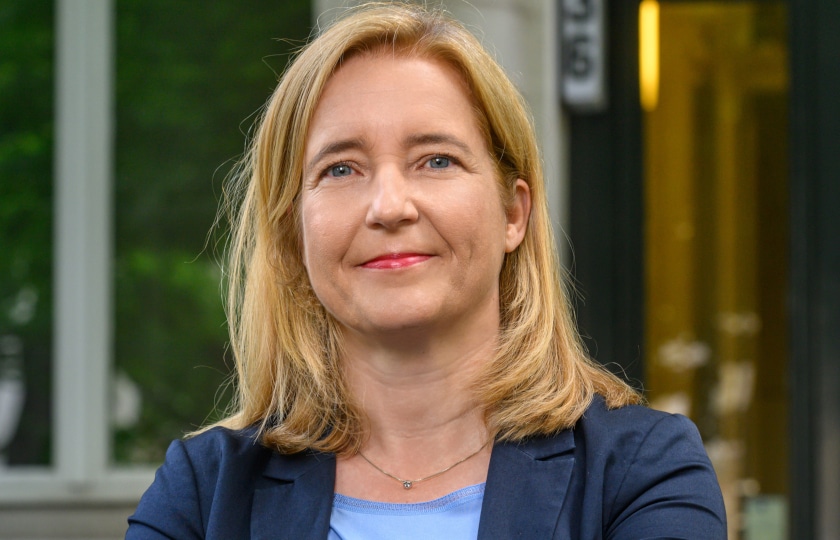The international data situation regarding the effects of the digital transformation on children and young people is extensive, heterogeneous and sometimes contradictory. As part of the project, the knowledge platform core-evidence.eu was created with the participation of international researchers and representatives of relevant interest groups, which provides a comprehensive and, at the same time, contextualised overview of the research situation in Europe.
Children Online: Research and Evidence (CO:RE) is a ‘Coordination and Support Action’ within the framework of HORIZON 2020. The aim was to develop a pan-European knowledge platform on the experiences of children and young people in digital communication spaces and the effects of technological transformations on children and young people. The platform was designed to be a central point of contact for researchers and decision-makers in education and politics while bridging the gap between research and practice.
The project was organised into eleven work packages, led by experts from nine European countries. The entire project – the conception and implementation of the knowledge platform, as well as all communication and transfer activities – was coordinated by the HBI.
core-evidence.eu is a knowledge platform that provides access to extensive knowledge from over 35 European countries. This knowledge is organised into six topics and can be accessed in different ways:
- Evidence Base & Data Directory: These two databases provide a quick overview of international publications, studies and existing data sets (since 2014). The CO:RE Data Explorer offers visual access to the EU Kids Online 2020 survey data.
- Methods Toolkit & Handbook: This section contains methodological foundations and valuable information on suitable methodological approaches.
- Education Toolkit: This resource provides essential information on how research can be incorporated into educational practice.
- Theories Toolkit: This toolkit focuses on understanding theories, linking them to available evidence, and applying them in practice. In addition to information on key theories and concepts related to children’s digital lives, various resources (e.g. blogs, vlogs, webinars, reports, etc.) are provided.
- Compass for Research Ethics: The compass addresses ethical issues that arise when children participate in online research projects, as well as the topics of data protection and research integrity. A separate animated film has been developed for research with children, which explains their rights as participants in research projects in a way that children can understand.
- Resources for Policymakers: The CO:RE Policy Directory provides an overview of relevant guidelines and public, civil society and private sector organisations involved in policy-making in EU member states.
In addition to the content of the knowledge platform, various communication, transfer and dissemination activities were also tested to increase the CO:RE knowledge platform’s visibility and facilitate access to existing knowledge.
The project was funded under DT-TRANSFORMATIONS-07-2019: ‘The impact of technological transformations on children and youth’ (Grant agreement ID 871018).
Official CO:RE website: https://core-evidence.eu/
Project Results
CORDIS: Children Online: Research and Evidence – A knowledge base on children and youth in the digital world
‘A knowledge base on children and youth in the digital age’, presentation by C. Lampert at the European Parliament Committee on Culture and Education on 1 March 2023 (online).
“Fostering the societal impact of research on children and media: The knowledge platform core-evidence.eu”, presentation by Aroldi, P., Cino, D., Dopona, V., Hasebrink, U. Lampert, C., Ólafsson, K. at the ECREA 2022, 9th European Communication Conference conference on 20 October 2022 in Aarhus, Denmark.
Project Team
Prof. em. Dr. Uwe Hasebrink (bis 30.09.2021), Dr. Claudia Lampert, Valentina Dopona, M.A. (bis 31.12.2022)












![Screenshot of an article on the Verfassungsblog. Title of the article: “Ein rundfunkrechtliches ‘Solange’?” [An “As Long As" in Broadcasting Law?]](https://leibniz-hbi-de.b-cdn.net/wp-content/uploads/2025/10/Verfassungsblog-Mast-Schulz-OeRR.jpg)
